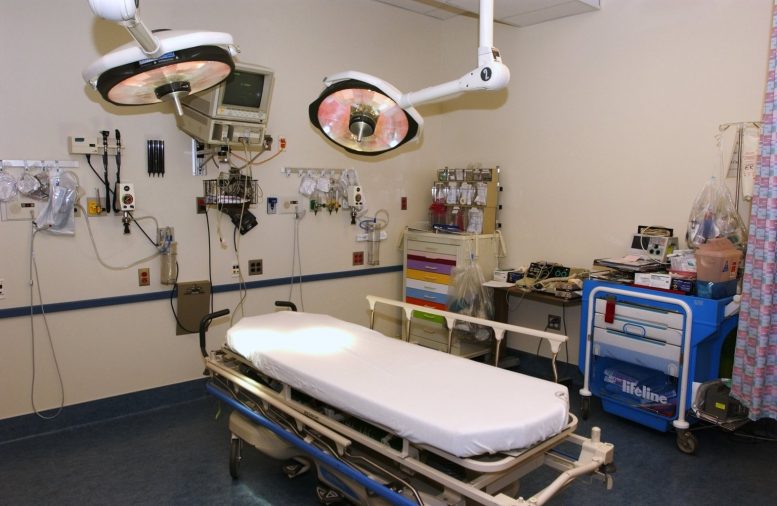By Susan Tebben
Ohio Capital Journal
A bill seeking to regulate overtime requirements for nurses is making its way through the legislature, with support from the Ohio Nurses Association and opposition from the Ohio Hospital Association and state Chamber of Commerce.
House Bill 144 would keep a hospital from requiring registered nurses and licensed practical nurses to work overtime as a condition of their employment.
Speaking in support of the bill at a hearing of the House Committee on Commerce and Labor in May, Emma Jasper told the story of her mother, Beth, a nurse in a bone marrow transplant unit at Jewish Hospital in Cincinnati. Jasper said some days she could “read the stress” on her mom’s face before she said goodbye to her children and left for a night shift. But one day, her mother didn’t come home.
“My mom was on her way from another long, rough shift when she fell asleep at the wheel and veered off the road,” Jasper’s testimony reads. “Later, the state trooper brought my dad her belongings and enclosed was her lunch box, still filled with what she packed the previous afternoon but had no time to eat any of it.”
Baylee Stiers, a registered nurse in a central Ohio Neonatal Intensive Care Unit, spoke of her own experience with “unsafe overtime” in her written testimony.
“When we are mandated, we are forced to stay past our 12-hour shift, turning our already exhausting days into an even more exhausting 16-hour work day,” Stiers wrote. “…I have seen many nurses reprimanded for putting their foot down and refusing mandation because they simply are too tired to continue work.”
The bill does not restrict voluntary overtime, or an “on-call” system in which nurses can be called back in when a hospital deems it necessary. There are also certain emergency situations in which a hospital would be allowed to request or schedule a nurse for overtime.

The bill’s primary sponsor, Rep. Don Manning, R-New Middletown, emphasized the opportunity for voluntary and necessary overtime as part of his sponsor testimony, submitted on April 10 to the Commerce and Labor committee.
“The intent of the legislation is to prohibit a hospital from requiring a registered nurse or licensed practical nurse to work in excess of an agreed upon, predetermined, scheduled full-time or part-time workweek as a condition of continued employment,” Manning said.
According to a fiscal note and local impact statement from the Ohio Legislative Service Commission, the bill would bring about increased costs for government-owned hospitals. These costs would also be likely greater than the costs of paying for overtime, the analysis stated.
“The provisions of the bill would likely require government-owned hospitals to hire additional nursing staff,” the document from the Legislative Budget Office reads.
The Legislative Budget Office cited statements from the Ohio Hospital Association which say the costs of additional staff, including retirement and health insurance benefits, would likely be greater than overtime costs for currently employed staff.
The Ohio Hospital Association stood in opposition to the bill in an October hearing of the committee, with Vice President of Quality Programs James Guliano submitting testimony. He said hospitals already have policies to “address fitness-for-duty,” and the decisions about overtime need to be made at the hospital level as well.
“Patient care needs are based upon patient condition that legislation is not able to predict or control,” Guliano testified. “Since patient care needs continually fluctuate, hospital staffing needs also fluctuate to adequately and safely address those needs, especially when the timing of patient care is of the essence.”
The Ohio Chamber of Commerce said the regulations set forth in HB 144 propose “government mandates that interfere with the employment relationship between an employer and employee.”
“The Ohio Chamber believes that hospitals should be free from burdensome government regulations or mandates on their employment practices that fail to consider what is practical or makes sense for each individual hospital,” wrote Kevin Shimp, director of labor and legal affairs for the Chamber.
The House Committee passed the bill 12-2 on Nov. 26, moving it on to a full House vote. While the Ohio House is scheduled for session today, Wednesday, it’s unclear whether House Bill 144 will be put up for a vote, in this session or future sessions.

